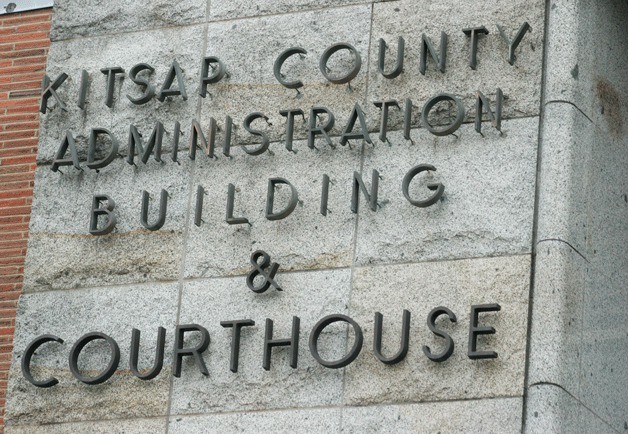The city of Bainbridge Island will have to pay more than $100,000 to the attorney who successfully challenged the city in court over its refusal to hand over emails from city councilmen David Ward and Steve Bonkowski and former councilwoman Debbi Lester.
In a Nov. 24 decision, Judge Jeannette Dalton ruled the city must cover much of the legal fees racked up by the citizens who fought the city for the public records.
The total of $109,345 in lawyer fees awarded by Dalton was lower than the amount sought, but welcomed nonetheless.
“I think it was fair,” said Dan Mallove, the attorney representing two Bainbridge residents in the public records lawsuit.
City Manager Doug Schulze declined to comment, and the city noted the lawsuit is continuing in court.
Next up for the case in Kitsap County Superior Court is a hearing in early December over penalties that will be assessed against the city for violating the state’s open records laws.
Potential penalty payouts range from $26,770 to $8.2 million, according to Mallove’s court brief. The attorney is not seeking the maximum amount, but rather an amount based between a $5-to-$50 per day penalty for records (under an individual record basis) late or not provided, or $50 to $100 (under the group record scenario) for records that were late or never released.
The public records lawsuit dates back more than a year.
Althea Paulson and Robert Fortner filed a suit against the city in September 2013 that claimed the city and councilmen Bonkowski and Ward — and then-councilwoman Lester — failed to turn over public records that had been requested under the state’s Public Records Act.
Paulson and Fortner, a pair of “good government” activists, had sought emails that the council members had sent and received on their personal email accounts to fellow council members and others, which Paulson and Fortner noted was also a violation of the city’s Governance Manual. The manual requires council members to use their city provided email accounts, and to forward any city related emails sent to them privately to the city for retention.
In a May decision, Dalton agreed and harshly criticized Ward and Bonkowski for deleting public records from their email accounts, in violation of the Governance Manual and state law.
While the city eventually released thousands of emails — many of them duplicates plus some emails that were never requested — Dalton said the city failed to do an adequate search and also said Bonkowski and Ward’s personal email accounts and computers could be searched for missing records.
The city’s lawyers disagreed, largely on privacy grounds, and the city tried to get Dalton’s decision reviewed by the Court of Appeals. The court declined a discretionary chance for the look-over, however, and the superior court case picked back up in October.
Mallove noted the city has already spent $300,000 for its own lawyers, and he said he expected it to climb even higher, as future appeals when the case is finally complete stretch to the Washington State Supreme Court.
“If the city chooses to pursue this to its ultimate judicial resolution, it could cost a million dollars,” he said.
In the sanction phase, the penalties are a matter of the judge’s discretion.
Penalties can be assessed for each missing record on a per diem basis of $5 to $100, or on a group of records basis of $5 to $100 for each day the records are not released.
Mallove, in court papers, said some records had been withheld for 474 days. He provided the court with extensive charts that show how long certain records were withheld, and the resulting penalties that would add up in the increments of $5, $10, $25, $45, $50, $75 and $100.
Estimates of penalties under the two scenarios, based on the scale of $5 to $100, range:
• Between $413,780 to $8.2 million for the individual record penalty; and
• Between $26,770 to $535,400 for the group records penalty.
The sanctions hearing is scheduled for Dec. 8.



